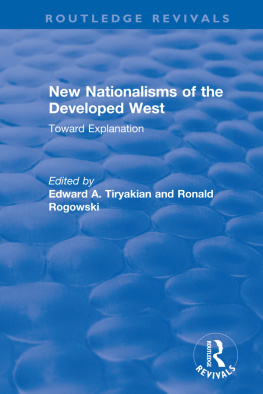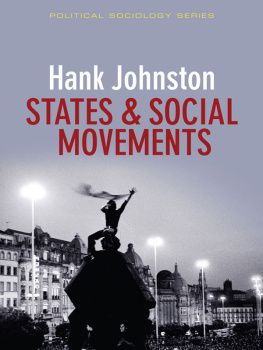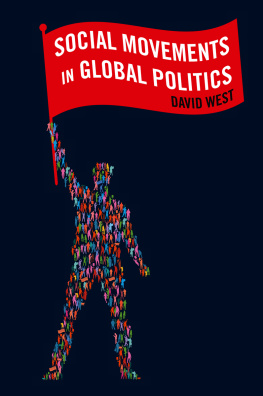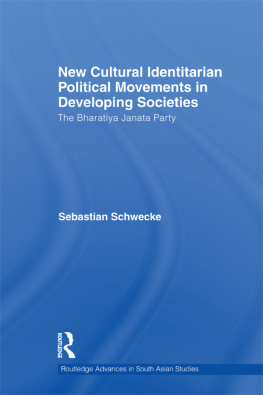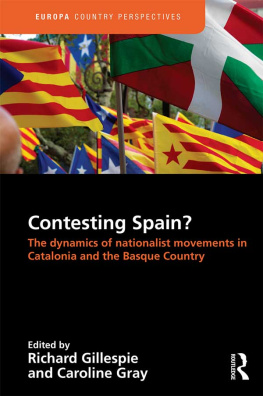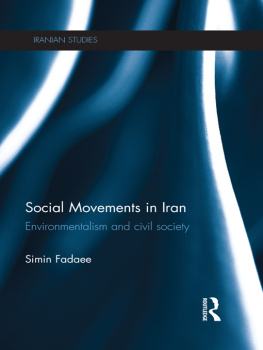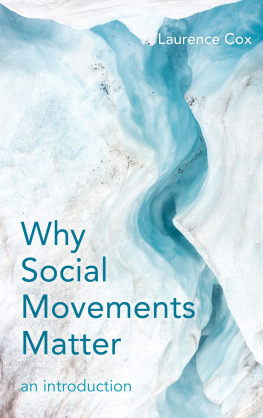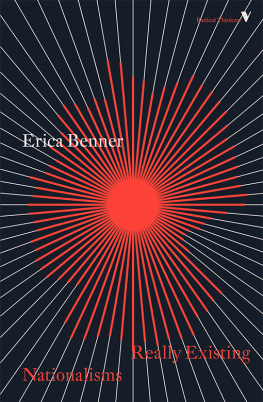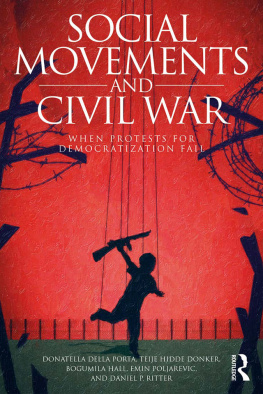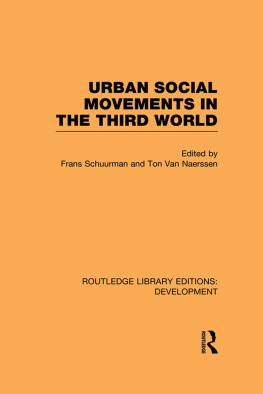New postscript to New Nationalisms
Ronald Rogowski UCLA
We could not have imagined, when this book appeared in 1985, that the strongest ethno-regional nationalisms would arise in eastern Europe and western Asia rather than the developed West on which we focused; nor that the most powerful new nationalisms of the West would pit long-established nation-states, or at least many of their voters, against such supranational authorities as the European Union (EU) or the World Trade Organization (WTO).
To be sure, Scottish, Welsh, Catalan, Quebecois, and Basque nationalisms persist and have mostly gained a significant degree of regional autonomy - and indeed, Scotland and Catalonia have come close to achieving independence (more on this below). But it was in the then-Communist states that new nationalisms most vigorously asserted themselves: the Soviet prison house of nations splintered along ethnic lines into fifteen independent states and experienced a bloody war for independence in Chechnya; post-Tito Yugoslavia, at roughly the same time, divided into six states and, shortly after the collapse of Communism, Slovakia precipitated its velvet divorce from the Czech Republic.
Lenin had so styled the Czarist regime in The Revolutionary Proletariat and the Right of Nations to Self-Determination, 1915.
Our analysis suffered from two fundamental misapprehensions: (a) no more than the Soviet specialists of those years could we imagine that the sclerotic but seemingly invincible USSR would crumble so rapidly and so soon; nor could we foresee that, (b) in the wake of the Soviet Empires collapse, international economic institutions - not just the EU and the GATT-successor WTO, but rapidly proliferating regional trade organizations (RTOs) such as NAFTA and Mercosur - would broaden their membership and deepen their juridical reach so quickly and comprehensively.
The total number of regional trade agreements in force roughly quadrupled in the fifteen years after the Soviet collapse, from fewer than 50 in 1989 to roughly 200 in 2004 (Mansfield and Milner 2012, p. 13).
That even the best social scientists are lousy prophets is no news. We can nonetheless claim that this books various essays offered important insights into the processes at work, both in the regional nationalisms of the developed West and in those that emerged with such force in the wreckage of the USSR. To catalog only a few examples:
- (a) A necessary precondition for nationalism, both historically and in recent decades, has been the emergence of an indigenous elite, capable of assuming all of the high-skill positions required by an independent state. Paradoxically, the Stalinist nationalities policy of indigenization (OpeH3a) in each of the titular Soviet republics guaranteed exactly this. While the indigenous Ukrainian, Kazakh, Byelorussian, etc., cadres were loyal Communists, spoke fluent (if sometimes heavily accented) Russian, and for good measure were shadowed at every level by Russian monitors, the loosening of Soviet central control held out irresistible opportunities to seize power locally and, by expelling Russians from positions of power, to offer rapid upward mobility to others in the indigenous elite.
- (b) Part of the glue that has historically held multinational states together, or indeed has pressed for cultural and linguistic uniformity, is a large domestic market - especially crucial when the international economy is closed. Hence, eras of international free trade and open export markets lower the costs of independence and conduce to the emergence of smaller states. The readiness of the European Union to extend membership to newly independent states, or to open its extensive market even to those that did not become members, further lowered the costs and increased the attractiveness of independence.
- (c) By the same token, the unwillingness of the European Union to countenance the independence of regions within existing member states - e.g., to extend automatic membership to an independent Scotland (so long as the United Kingdom remained a member state) or an independent Catalonia - presented a strong disincentive to the secession of these national groups and an incentive for them to content themselves with a high degree of autonomy.
- (d) Conversely, for ethnically distinct regions that have achieved a high degree of integration with a larger market, the threat of losing unfettered access to that market - and here, I am thinking precisely of Brexit - raises the costs of remaining in their existing sovereign boundaries. It can come as no surprise that Scotland and Northern Ireland now begin to see independence,
Recall that Nobel laureate economists, running the much-vaunted hedge fund Long-term Capital Management, almost collapsed the world economy in 1998 by failing to foresee the post-Soviet Russian governments default and devaluation.
In the language we then employed, the USSR was in this sense a pillarized society, not one characterized by a cultural division of labor. See, e.g., New Nationalisms, p. 91.
See, on this point, the extraordinarily insightful contribution of Mario Polse to our original volume (chap. 5).
Or likelier, in the case of Northern Ireland, continued EU membership through incorporation into the Irish Republic.
Similarly, if in any future crisis Spain were to abandon the Euro, Catalonia would have strong incentives to secede and retain the common currency.
Even more of a shock, as discussed extensively in Ed Tiryakians parallel postscript, has been the recrudescence of old nationalisms, or more specifically the aggressive reassertion of national sovereignty, tinctured with xenophobia and protectionism, in long-extant nation-states: by the governments of Hungary, Poland, Turkey, the UK, the U.S.A., and (at least as part of the ruling coalition) Austria and Italy; and the emergence of strong parties or movements even in such strongholds of toleration as France, Germany, the Netherlands, Sweden, and Finland.
Our view of these developments is informed by Dani Rodriks (2011, ) by-now famous trilemma of international governance. The same deepening international markets that encouraged the independence of ethnically distinct regions within existing states forced older states into what Thomas Friedman called the golden straitjacket of neo-liberal economic policies - but also, as Rodrik emphasizes, into the acceptance of intensified mechanisms of international governance: a rule-bound, and supranationally enforced, international economic order.
In Rodriks deliberately provocative formulation, this inexorable deepening leaves only two serious alternatives: an impersonal and bureaucratic regime that allows existing states so little room for policy independence as to render them undemocratic; or, at the other extreme, a global democracy, capable of taming and governing the international economy. The third possibility, which Rodrik rightly regards as disastrously impoverishing, would be (as in the 1930s) the break-up of the international economy into internally autonomous (but by no means necessarily democratic), economically self-isolating, national states.
So why do the new-old nationalists - the Brexiteers, the Trumpists, the Front National - pursue this seemingly self-immolating option? Relatedly, why has politics become so polarized between these groups and their opponents? Our volume would have seen the post-1990 shifts in the international economy as a change in the mode of production that has created a new, global CDL (cultural division of labor): a cosmopolitan elite that increasingly dominates their less cosmopolitan and formerly equal co-nationals. Roughly as I wrote then, the newly subordinated (here, non-cosmopolitan) groups reject the new ways as alien, while the rising (cosmopolitan) elite impatiently dismiss the other group as backward and benighted

